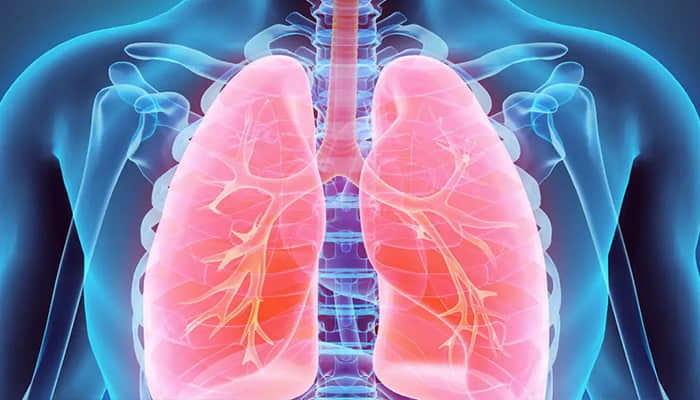
Lung cancer treatment is evolving rapidly, thanks to a growing emphasis on personalized care. This approach involves a multidisciplinary team—including pulmonologists, surgeons, radiotherapists, radiologists, nuclear medicine physicians, and pathologists—working together to tailor treatments to individual patients. Their goal is to provide the best care based on established standards and the patient’s unique health needs and preferences.
Treatment for Non-Small Cell Lung Cancer (NSCLC)
Surgical Options

For non-small cell lung cancer, surgery remains the primary curative option, especially for cancers in stages I and II. For stage III cancers, surgery is often combined with chemotherapy and radiotherapy. Traditional surgery involved a large incision, but advances now allow for minimally invasive techniques such as thoracoscopy, video-assisted surgery, and robotic surgery. These newer methods result in shorter recovery times and less postoperative discomfort.
Postoperative Care

After surgery, patients might undergo additional chemotherapy and/or radiotherapy, depending on the analysis of the removed tissue. For those unable to undergo surgery, stereotactic radiotherapy offers a focused irradiation alternative with effectiveness comparable to surgery.
Advanced and Metastatic NSCLC

For stage IV NSCLC with metastases, treatment becomes more comprehensive, combining chemotherapy, immunotherapy, and targeted therapies. Targeted therapies are tailored to specific genetic abnormalities in the tumor, such as EGFR, MET, BRAF mutations, and ALK or ROS1 rearrangements. Techniques like next-generation sequencing (NGS) help identify these abnormalities, allowing for personalized treatment plans.
Immunotherapy is another promising approach, particularly for tumors expressing PD-L1 markers. This treatment can be administered either at diagnosis or following initial chemotherapy and is associated with prolonged responses and fewer side effects compared to traditional chemotherapy.
Treatment for Small Cell Lung Cancer (SCLC)

Two-thirds of small-cell lung carcinomas are diagnosed at the metastatic stage.
Chemotherapy combined with immunotherapy is the standard treatment for metastatic small cell cancer in 2019. Due to the rapid growth of cells, the existence of occult metastases is likely, hence the use of chemotherapy regardless of the stage. The treatment of small cell cancer is considered a relative therapeutic emergency.
Treatment of small cell carcinoma localized to the thorax is based on the delivery of chemotherapy and radiotherapy. There are very few surgical indications in small cell carcinomas.
No targeted therapy has an indication to date in the treatment of small cell cancer, but some inhibitors of specific signaling pathways, such as DLL-3 or AURORA, are currently being studied, with trials open at the Institut Curie. Immunotherapy is also being evaluated in metastatic small-cell cancers.
